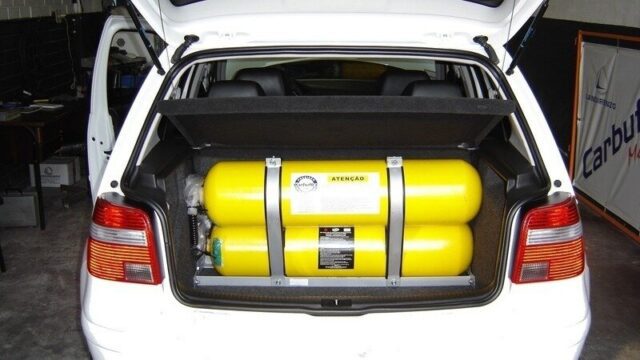The President of the Republic, Mohamed Ould Cheikh El Ghazouani, left Nouakchott this morning for the city of Néma, capital of the Hodh Ech Chargui region, where he will preside over the launch of the Emergency Program for Local Development. This is one of the largest development projects implemented in the region in recent decades. The program aims to improve access to essential services and strengthen infrastructure in the fields of education, health, water, energy, and local governance.
The Mauritanian government has launched a large-scale emergency program for local development designed to accelerate the implementation of key projects in Hodh Ech Chargui, one of the country’s largest and most underserved regions in terms of infrastructure and basic services. The total cost of the program exceeds 27 billion old ouguiyas, to be implemented over a 30-month period starting in November 2025, under the direct supervision of a regional coordination and monitoring cell created for this purpose.
Education: 1,156 new classrooms
The education component includes the construction of 1,156 new classrooms across the region to reduce overcrowding and improve learning conditions, especially in rural and remote areas. These facilities will increase the capacity of educational institutions and ensure better learning opportunities for the region’s children.
Health: strengthening and equipping medical infrastructure
In the health sector, the program plans to build six health centers and 43 health posts, upgrade two health posts into centers, and rehabilitate two existing centers and two health posts. It also includes the purchase of 15 ambulances and the provision of modern medical equipment to improve healthcare capacity and ensure effective emergency services in remote areas.
Water and sanitation: expanding access and improving resources
The program will drill 133 artesian wells, build 27 water storage tanks, equip 40 additional wells, and extend and renovate 42 drinking water networks. It also includes rehabilitating traditional water sources in district capitals drawing from Lake Aoujeïr, doubling the lake’s output to meet the growing demand of local populations.
Energy and infrastructure: rural electrification and urban resilience
In the fields of energy and infrastructure, the program emphasizes rural electrification through hybrid solar mini-grids and includes additional network extensions in the eastern and western Hodh regions. These efforts aim to enhance municipal resilience and improve living conditions for residents.
Local governance and social cohesion
The program also contains components aimed at strengthening the capacities of administrative authorities and local governments in planning, monitoring, and maintenance, to ensure the sustainability of public services. It also features a special focus on social cohesion in areas hosting refugees, particularly near the Mbera camp, to encourage integration and cooperation between local and refugee communities.
Timeline and governance
The projects will be implemented over 30 months starting on November 5–6, 2025, the official launch date in Néma, the regional capital. The regional coordination and monitoring cell will rely on detailed project lists by municipality, drawn up after extensive field consultations last January, ensuring that interventions align with local priorities and real needs.
Effective implementation and high quality: the key to success
The true benefit of this ambitious program will depend on its tangible and high-quality execution, respecting technical standards and deadlines. Each school built to standards, each well equipped with modern pumps, and each fully functional health center staffed and equipped will stand as a solid foundation for balanced and sustainable development across Mauritania.
📌 Read more on this link:https://www.elhodh.info/en/al-hawd-news-2/


















